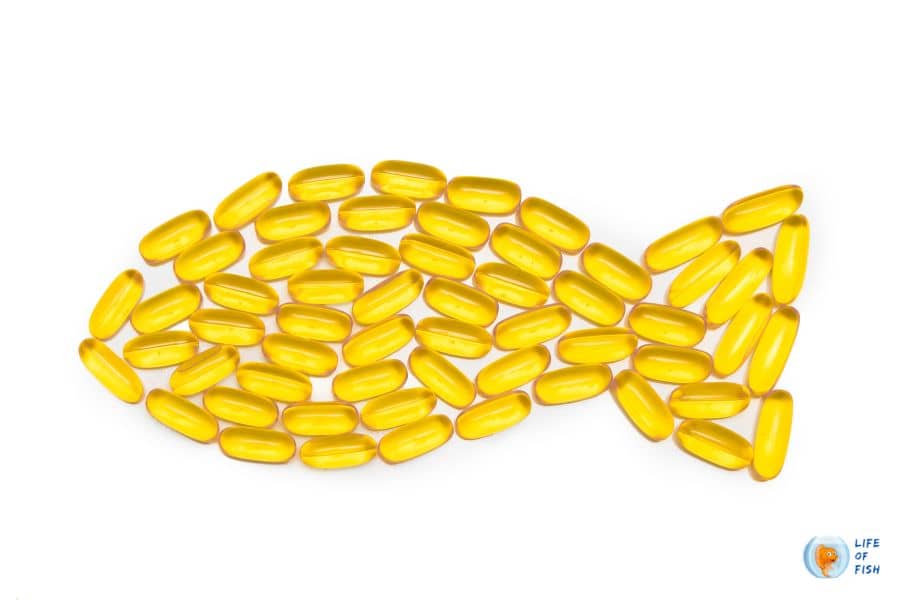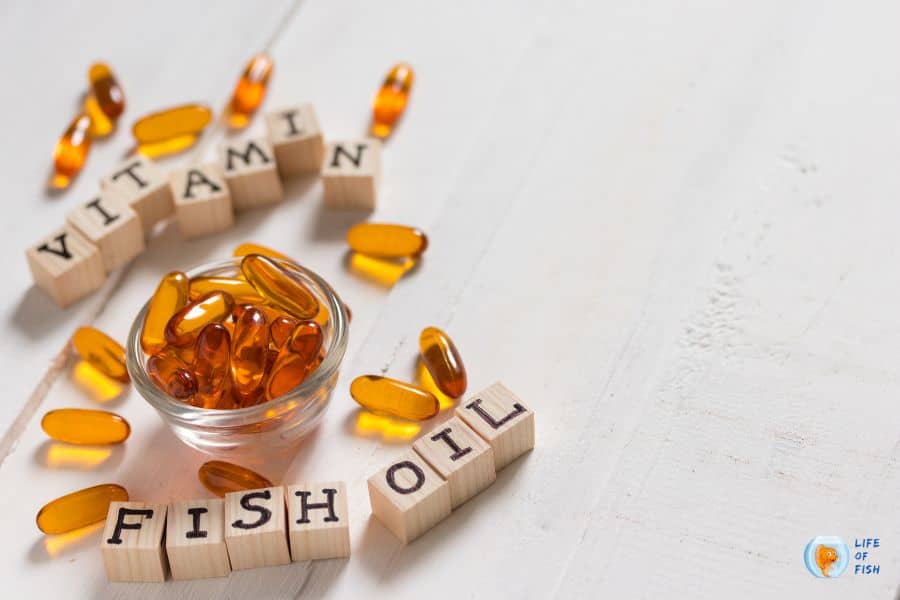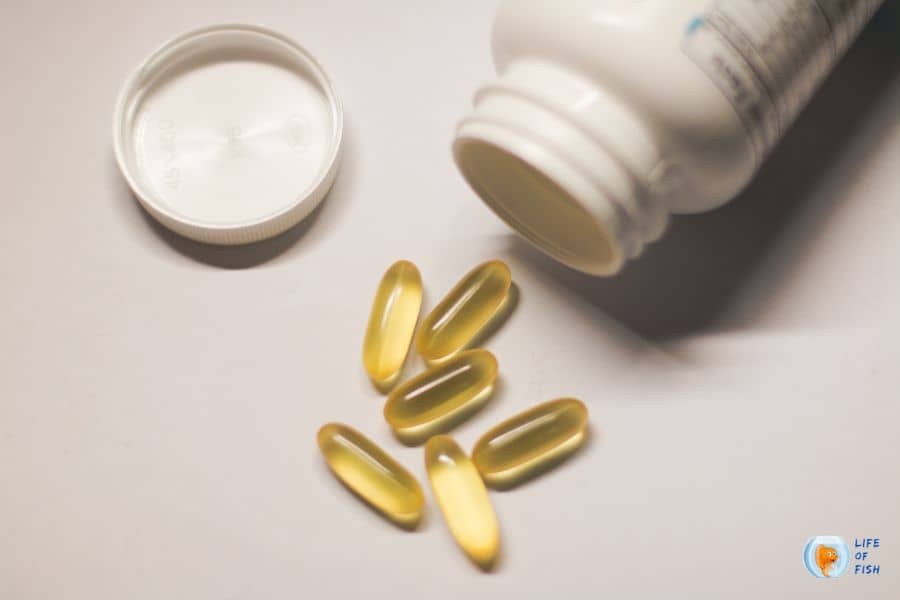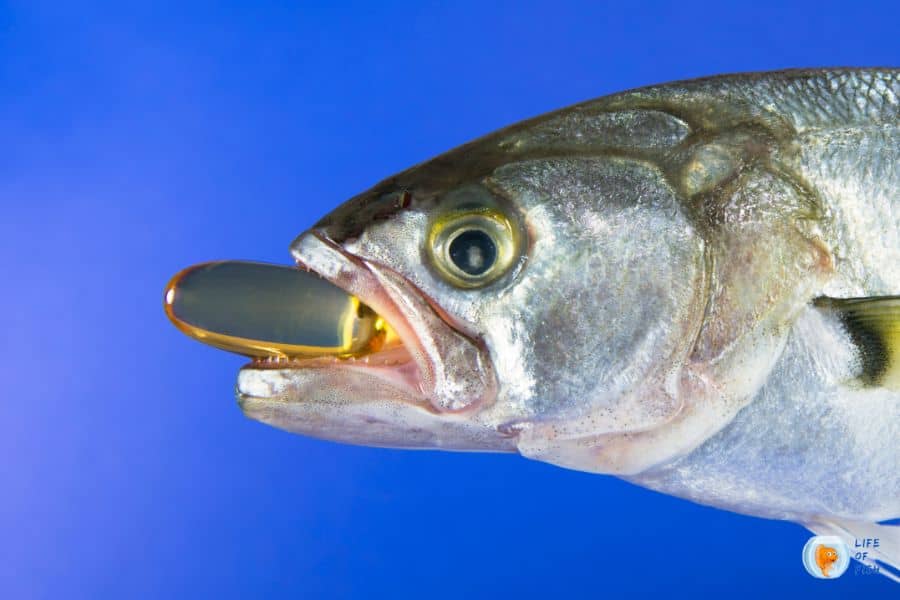Not all fish oils are created equal, but they all set out to deliver the same goal. That is providing a bountiful bouquet of omega-3 fatty acids. Furthermore, they are known for their incredible anti-inflammatory and cardiovascular-boosting health benefits. The main question here is Is Fish Oil Better Than Salmon Oil for Dogs & Cats?
It seems to be salmon oil is better than fish oil for cats and dogs. t is worth mentioning, In recent years, it’s become more and more popular to extend our love of supplementing fish oil to our pets. The important thing is it has the same benefits for them as it does for us. But in a sea of omega-3 fish oil supplements, which one is the best for your beloved pet? Let’s take a deep dive and find out.

What is Fish Oil?
Jump To
Fish oil supplements contain omega-3 fatty acids, one of the best-researched therapeutic aids out there. And it’s pretty easy to see why supplementing omega fatty acids is one of the first things people do when diving into the realm of supplements.
Meet The Essential Omega Fatty Acids
Omega fatty acids are essential, meaning a mammal’s body needs to consume them if it wants to continue existing. Within omega-3s fatty acids are docosahexaenoic acid (DHA) and eicosapentaenoic acid (EPA). DHA supports brain health, while EPA reduces excessive inflammation that can cause aches, pain, and swelling.
Along with omega-3s are omega-6 fatty acids which are essential to the body too. Omega 3s and 6s have a very intricate relationship with one another. If you consume too many omega-6s without enough omega-3sit will cause health issues. Such as blood clots, arthritis, and heart disease due to the excessive inflammation that happens.
This inflammation is caused by a buildup of arachidonic acid, which omega-6s contain. Thankfully, consuming a healthy amount of omega-3s fixes that. On the healthy side, omega-6s also contains linoleic acid, which supports heart health.
The western diet is very high in omega-6s thanks to its love of meats like beef, pork, and chicken. Unfortunately, it lacks foods high in omega-3s which are found in high amounts in seafood like fish.
While many dogs and cat pet food brands include a healthy balance of omega 3s to 6s, we often share with our pets the foods we are consuming. And while there is no shame in this — as long as it’s safe and within their daily calories. But it can upset the delicate balance between omega fatty acids. However thanks to the omega-3s in fish oils such as salmon oil, we can quickly and easily correct the balance.

What is Salmon Oil?
As you know fish oil supplement often contains a mixture of different fish. In the meantime, salmon oil contains just salmon. Most often, wild-caught Alaskan salmon. Salmon oil is considered superior to fish oil due to its improved omega-3 fatty acid absorption and more favorable DHA-to-EPA ratio.
To top it off, salmon oil contains less unhealthy saturated fats and contains higher amounts of omega-3s than fish oil. It is often a combination of cod liver, sardine, herring, and menhaden oils.
What About Krill Oil?
Recently krill oil has been getting a lot of attention. Like fish and salmon oil, krill contains high amounts of omega-3 fatty acids. However, unlike fish oil, krill oil fatty acids are found in the form of phospholipids instead of triglycerides.
Research hasn’t settled it yet, but it’s appearing that the body may be able to absorb the omega fatty acids better. This may be because phospholipids are soluble in both water and fat, whereas triglycerides are only soluble in fat.
Another benefit of krill oil is it contains the antioxidant, astaxanthin, which is often missing in most fish oils. Along with potentially having its own anti-inflammatory and good cholesterol benefits, there are some who believe it helps protect against spoilage, better known as oxidation.

Salmon Oil vs. Krill Oil
Where it appears that krill oil is better than your average fish oil. But the same can’t be said when it’s up against salmon oil. Thanks to salmon oil containing the antioxidant astaxanthin along with krill’s higher cost that offsets its better absorption, they are both pretty equal in greatness.
Choosing the Best for Your Pet’s Diet
While fish, salmon, and krill oil are all fantastic options, currently, we find salmon oil to offer the best bang for your buck. There are many great salmon oils out there, from Zesty Paws Salmon Omega Oil Hemp Extract to Innovet Pet’s Salmon Oil with Hemp Oil.
As you can see, we love the idea of including hemp in fish oil thanks to its benefits that can additionally help with inflammation, joint pain, and mobility issues. And as with fish oil, hemp is renowned for its low side effects.
Remember, before purchasing a fish oil supplement for your dog or cat, always check out the reviews on both the product and the company. While salmon oil will contain the antioxidant astaxanthin that may help with oxidation issues, spoilage concerns should be at the top of your list when selecting the best.

Is Omega Fatty Acid Supplementation Right for My Pet?
With the array of potential benefits to their extremely low risk of generating side effects, there is a good reason both people and our pets see wonderful results from supplementing the omega fatty acids found in fish and salmon oil.
Below, we included a list of the benefits most commonly seen when giving fish or salmon oil to a dog or cat. If your pet is struggling with one of the health issues omega fatty acids can benefit from, then omega-three fatty acid supplementation is likely right for them.
The Benefits Of Fish Oil and Salmon Oil
Where most supplements lack research backing their benefits, the same can simply not be said for supplements like fish and salmon oil.
Benefits of Fish and Salmon Oil:
- Healthier Skin and Coat
- Reduces excessive inflammation
- Relieves joint stiffness and pain
- Supports immune and cardiovascular health
- Protects the brain and eye health
Read Next : Japanese Rice Fish Care And Breeding: Easy Guide!!
